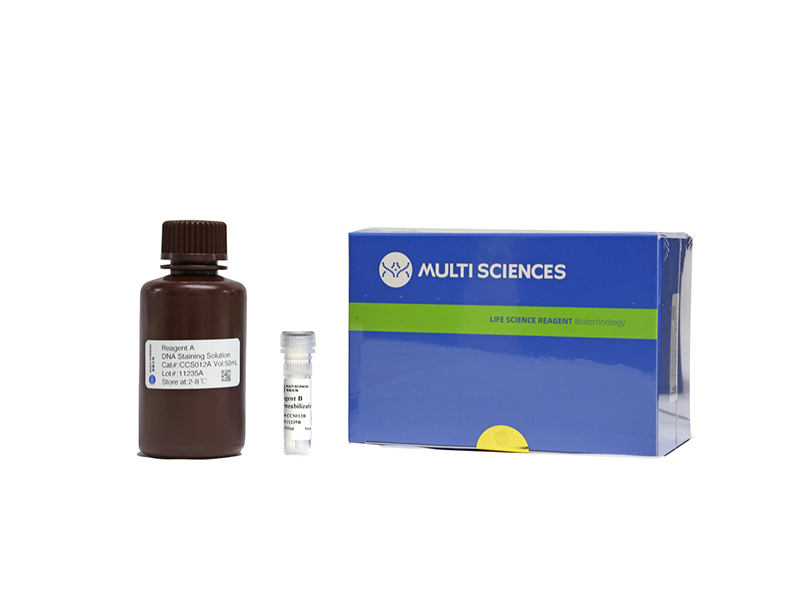Accumulating evidence shows that microRNAs play important roles in cancers, including glioma. MiRNAs have been shown to participate in a variety of cellular functions including cell apoptosis, cell proliferation, neural development, and stem cell differentiation. Previous studies reported that miR-936 levels were downregulated in glioma specimens. Here, we further investigate the potential role of miR-936 in glioma. Quantitative reverse transcription-PCR was applied to detect the expression of mir-936 in glioma specimens. The direct targets of miR-936 were identified by bioinformatics analysis and were further validated by immunoblotting and luciferase reporter assay. The effects of miR-936 on glioma cell proliferation and cell cycle of glioma cells were analyzed by Cell-Counting Kit 8 assay, colony formation, 5-ethynyl-2-deoxyuridine (EDU) and flow cytometry assays. A xenograft model was used to study the effect of miR-936 on tumor growth and angiogenesis. Expression levels of miR-936 were greatly downregulated in glioma specimens, CKS1 was confirmed as a direct target of miR-936. The glioma cell cycle was blocked to G1 by negatively regulating CKS1 and its downstream signaling pathway, Akt-ERK1/2. Furthermore, overexpression of CKS1 rescued the inhibitory effects of miR-936. In vivo studies revealed that increased levels of miR-936 delayed the growth of tumors. Taken together, mir-936 may act as a glioma suppressor by targeting CKS1.
文章引用产品列表
-
- CCS012 1190 Citations
- 周期试剂盒
Cell Cycle Staining Kit 细胞周期检测试剂盒
- ¥390.00



